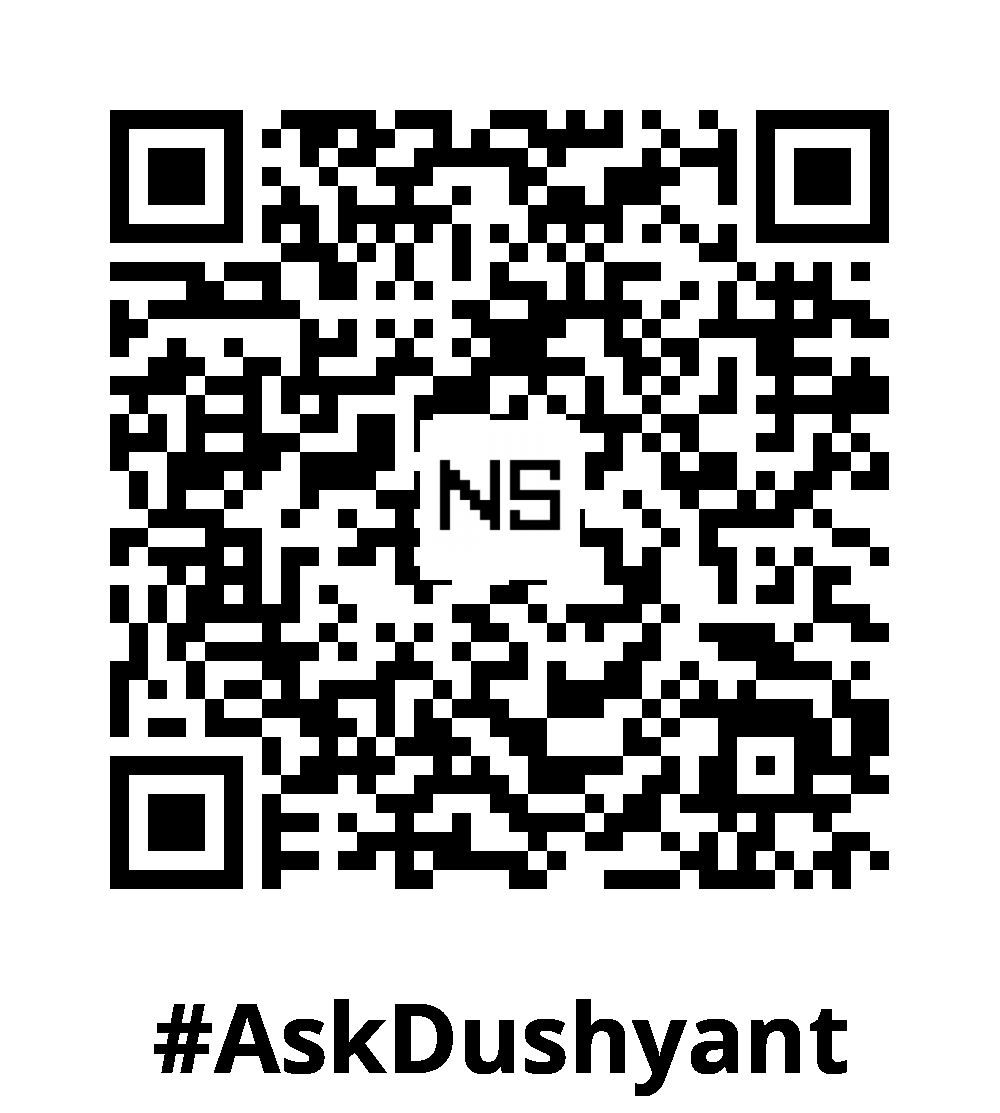Today’s fast-paced work culture, where financial stability is a priority, many individuals find themselves seeking additional income streams to support their livelihoods. One such avenue is moonlighting, the act of working a second job while still being employed. While moonlighting may seem like a viable solution for extra earnings, it raises significant ethical concerns, particularly in skilled industries where contractual agreements and professional integrity hold paramount importance.
Moonlighting in Unskilled Industries
Moonlighting is often seen as an acceptable practice in unskilled industries. Employees working in low-skilled jobs, such as part-time retail or service roles, often take on additional employment to supplement their income. These positions typically involve minimal contractual obligations and don’t pose significant risks to the primary employer’s business interests.
Ethics and Integrity in Skilled Industries
In skilled industries, where employees possess specialized knowledge and skills, moonlighting becomes a more complicated matter. When an individual signs an employment contract, there is an inherent understanding that their loyalty, time, and expertise will be dedicated to the employing organization. Engaging in moonlighting activities while being contracted to another employer raises serious ethical concerns and questions the employee’s integrity.
Breaking the Unspoken Bond
By moonlighting, an employee breaches the implicit trust and loyalty expected by their primary employer. This unspoken bond is based on the understanding that the employee will commit their full professional efforts to the organization’s goals and success. Moonlighting undermines this understanding and lead to a loss of trust and confidence between the employer and the employee.
Sharing Business Critical Information
Another significant risk associated with moonlighting in skilled industries is the potential leakage of business critical information to competitors. Working for multiple organizations simultaneously increases the likelihood of exposure to sensitive data, trade secrets, or proprietary information. Such breaches of confidentiality pose a severe threat to the primary employer’s competitive advantage and can result in significant harm to the business.
I am Advocating Termination
Considering the potential consequences, it is my strong belief that employers should terminate the employment of any employee found moonlighting. While this may seem harsh, it serves to maintain the integrity of the professional relationship and protect the employer’s interests. By taking decisive action, an employer sends a clear message that unethical behavior will not be tolerated and ensures the preservation of a strong work culture based on trust and loyalty.
Reserving Opportunities for Others
I also also view moonlighting as depriving another individual of employment opportunities. When an employee provides their services to multiple organizations, they gain an unfair advantage over others seeking employment. This not only affects the job market but also creates an imbalance in the distribution of available opportunities. It is important to consider the potential impact on others before engaging in moonlighting activities.
Valuing Time with Loved Ones
Personally i would suggest, Instead of pursuing moonlighting endeavors, it is worth considering spending quality time with loved ones. Balancing work and personal life is essential for overall well-being. Rather than stretching oneself thin by juggling multiple jobs, prioritizing relationships and personal fulfillment can lead to a more fulfilling and meaningful life.
Moonlighting in skilled industries raises crucial ethical questions that should not be taken lightly. It challenges the trust, integrity, and loyalty between employer and employee, while also posing risks to business confidentiality and depriving another deserving candidate an employment. It is crucial for both organizations and employees to recognize moonlighting as a potential business crime and take proactive measures to discourage such practices. By fostering an environment of transparency, open communication, and ethical conduct, we can ensure the preservation of strong work ethics and protect the integrity of the professional relationships we build.
#AskDushyant


Leave a Reply